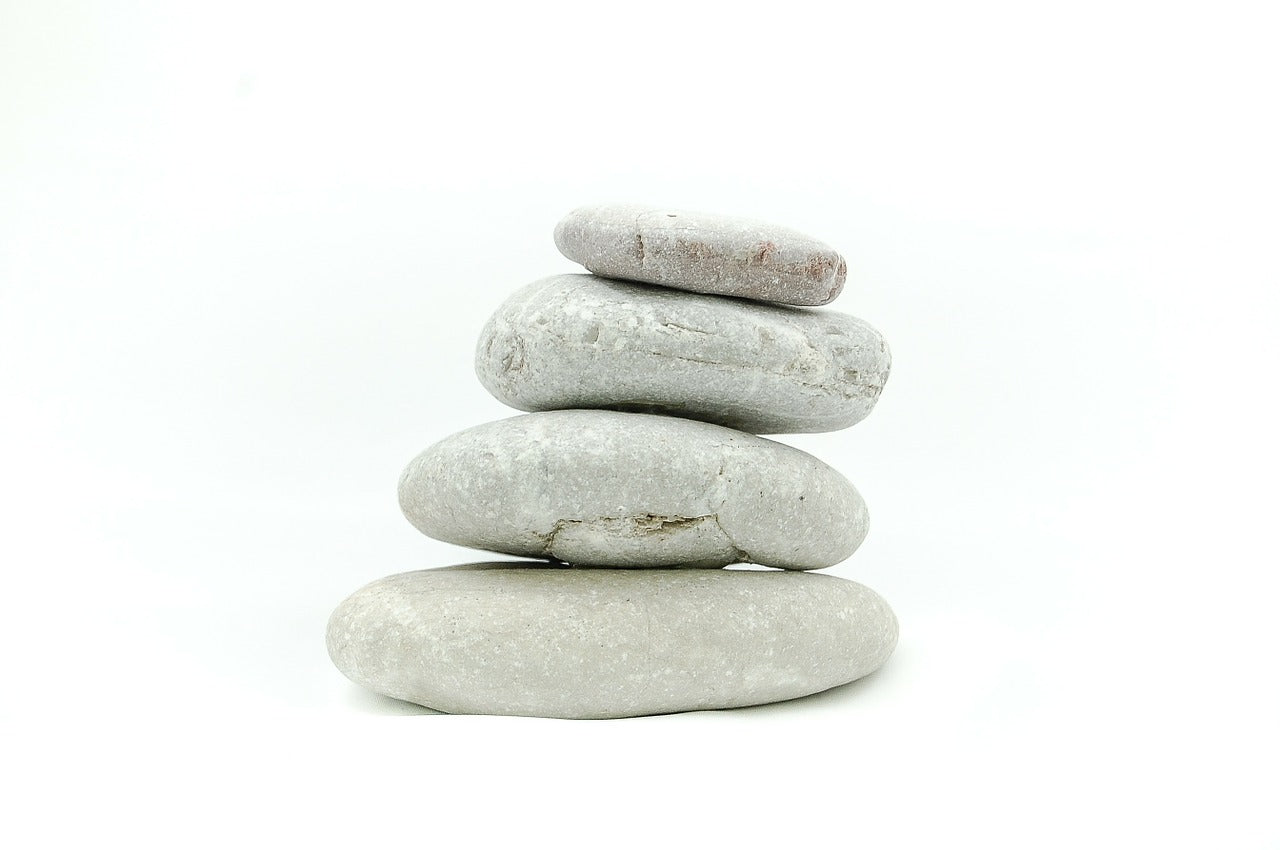Today, I have the pleasure of posting not my own thoughts, but someone else's. The post below is written by Michael Bolan, the author of The Devil's Bible series. I thought it was quite an intriguing one, and definitely worth sharing:
 I always found it hard to really come to grips with the concept, but a friend explained it to me in a way that I could understand. She recently spent some time in London, and on her return asked my opinion of the city. When I explained my dislike, she asked if I had remembered to look up.
Try it the next time you are in London. Above the neon hoardings and household brands there are a thousand stories told in the buildings’ facades: the gung-ho adventurous beginnings of the insurance industry; the international traders circumnavigating the globe hundreds of years ago; or the families where generation after generation carried their company through good times and bad.
But the principle isn’t just valid in Piccadilly Circus. And it has a lot (everything?) to do with being an author. Most authors write from their own experiences; their stories are shaped by what they have gone through, who they have met, etc. The gift is to process and record those experiences such that they can be used at a later date. But they also need to describe things that they haven’t experienced, that can only be learned through close, careful and undistracted observation. A storyteller must connect deeply with his characters, must stand in their shoes and experience their lives for himself, even if it is within the confines of his own mind.
When I was researching The Devil’s Bible, I had to stand on the Charles Bridge, imagining what it would have been to hold the bridge against an enemy, muskets firing, fires burning, men and horses screaming. That was the easy part. To ponder the quiet chill of the air or the stiffness of leather armour; to remember that smoke stinks and blood smells sweet and metallic at the same time, that’s what brings prose to life.
So here are my five tips for bringing mindfulness into your practice as an author. But before paying attention to the outside world, it is important first to turn your attention inwards and observe what is happening within yourself. Simply finding a quiet moment to close your eyes and breathe slowly and deeply can activate the parasympathetic nervous system, calm the mind, balance emotions and encourage rational, clear thinking, whether you’re facing a blank page or an unsympathetic audience.
I always found it hard to really come to grips with the concept, but a friend explained it to me in a way that I could understand. She recently spent some time in London, and on her return asked my opinion of the city. When I explained my dislike, she asked if I had remembered to look up.
Try it the next time you are in London. Above the neon hoardings and household brands there are a thousand stories told in the buildings’ facades: the gung-ho adventurous beginnings of the insurance industry; the international traders circumnavigating the globe hundreds of years ago; or the families where generation after generation carried their company through good times and bad.
But the principle isn’t just valid in Piccadilly Circus. And it has a lot (everything?) to do with being an author. Most authors write from their own experiences; their stories are shaped by what they have gone through, who they have met, etc. The gift is to process and record those experiences such that they can be used at a later date. But they also need to describe things that they haven’t experienced, that can only be learned through close, careful and undistracted observation. A storyteller must connect deeply with his characters, must stand in their shoes and experience their lives for himself, even if it is within the confines of his own mind.
When I was researching The Devil’s Bible, I had to stand on the Charles Bridge, imagining what it would have been to hold the bridge against an enemy, muskets firing, fires burning, men and horses screaming. That was the easy part. To ponder the quiet chill of the air or the stiffness of leather armour; to remember that smoke stinks and blood smells sweet and metallic at the same time, that’s what brings prose to life.
So here are my five tips for bringing mindfulness into your practice as an author. But before paying attention to the outside world, it is important first to turn your attention inwards and observe what is happening within yourself. Simply finding a quiet moment to close your eyes and breathe slowly and deeply can activate the parasympathetic nervous system, calm the mind, balance emotions and encourage rational, clear thinking, whether you’re facing a blank page or an unsympathetic audience.

Looking Up:
When I was seventeen, I crashed my car. I had passed my driving test a few months before and I lost control, and pretty much destroyed the car. Luckily, I walked away, physically unscathed, but with the most vivid memories of the experience: the fencepost stabbing through the roof beside me; the windscreen frosting with cracks but never quite shattering; the seatbelt-defined bruise on my chest that made breathing an agonising ecstasy. People talk about hyperawareness in times of stress: it’s true. Since that day, I have often thought about how much information the human brain can (and does) process on a daily basis. The internet suggests we have up to 600,000 thoughts per day, but we give no conscious attention to over 98% of them. Imagine what we are missing. We tune out so many stimuli to prevent our minds from being overloaded that the world’s beauty often goes unnoticed. Being able to focus and concentrate on one thought, one idea, at a time, without being distracted by outside influences, is something which takes patience and focus. My wife is always espousing the benefits of mindfulness, not just in her yoga practice, but in her day-to-day life. Mindfullness can be noticing and experiencing each footfall as you walk down the street, hearing a lone bird singing over the noise of the traffic, or simply being aware of the individual elements of your environment, and the way they interact. The more you pay attention, using each sense to listen, feel, see and experience your surroundings, the more you can understand and, ultimately, describe it to your readers. I always found it hard to really come to grips with the concept, but a friend explained it to me in a way that I could understand. She recently spent some time in London, and on her return asked my opinion of the city. When I explained my dislike, she asked if I had remembered to look up.
Try it the next time you are in London. Above the neon hoardings and household brands there are a thousand stories told in the buildings’ facades: the gung-ho adventurous beginnings of the insurance industry; the international traders circumnavigating the globe hundreds of years ago; or the families where generation after generation carried their company through good times and bad.
But the principle isn’t just valid in Piccadilly Circus. And it has a lot (everything?) to do with being an author. Most authors write from their own experiences; their stories are shaped by what they have gone through, who they have met, etc. The gift is to process and record those experiences such that they can be used at a later date. But they also need to describe things that they haven’t experienced, that can only be learned through close, careful and undistracted observation. A storyteller must connect deeply with his characters, must stand in their shoes and experience their lives for himself, even if it is within the confines of his own mind.
When I was researching The Devil’s Bible, I had to stand on the Charles Bridge, imagining what it would have been to hold the bridge against an enemy, muskets firing, fires burning, men and horses screaming. That was the easy part. To ponder the quiet chill of the air or the stiffness of leather armour; to remember that smoke stinks and blood smells sweet and metallic at the same time, that’s what brings prose to life.
So here are my five tips for bringing mindfulness into your practice as an author. But before paying attention to the outside world, it is important first to turn your attention inwards and observe what is happening within yourself. Simply finding a quiet moment to close your eyes and breathe slowly and deeply can activate the parasympathetic nervous system, calm the mind, balance emotions and encourage rational, clear thinking, whether you’re facing a blank page or an unsympathetic audience.
I always found it hard to really come to grips with the concept, but a friend explained it to me in a way that I could understand. She recently spent some time in London, and on her return asked my opinion of the city. When I explained my dislike, she asked if I had remembered to look up.
Try it the next time you are in London. Above the neon hoardings and household brands there are a thousand stories told in the buildings’ facades: the gung-ho adventurous beginnings of the insurance industry; the international traders circumnavigating the globe hundreds of years ago; or the families where generation after generation carried their company through good times and bad.
But the principle isn’t just valid in Piccadilly Circus. And it has a lot (everything?) to do with being an author. Most authors write from their own experiences; their stories are shaped by what they have gone through, who they have met, etc. The gift is to process and record those experiences such that they can be used at a later date. But they also need to describe things that they haven’t experienced, that can only be learned through close, careful and undistracted observation. A storyteller must connect deeply with his characters, must stand in their shoes and experience their lives for himself, even if it is within the confines of his own mind.
When I was researching The Devil’s Bible, I had to stand on the Charles Bridge, imagining what it would have been to hold the bridge against an enemy, muskets firing, fires burning, men and horses screaming. That was the easy part. To ponder the quiet chill of the air or the stiffness of leather armour; to remember that smoke stinks and blood smells sweet and metallic at the same time, that’s what brings prose to life.
So here are my five tips for bringing mindfulness into your practice as an author. But before paying attention to the outside world, it is important first to turn your attention inwards and observe what is happening within yourself. Simply finding a quiet moment to close your eyes and breathe slowly and deeply can activate the parasympathetic nervous system, calm the mind, balance emotions and encourage rational, clear thinking, whether you’re facing a blank page or an unsympathetic audience.
- Feel

- Think/ Don’t think.
- Don’t rush.

